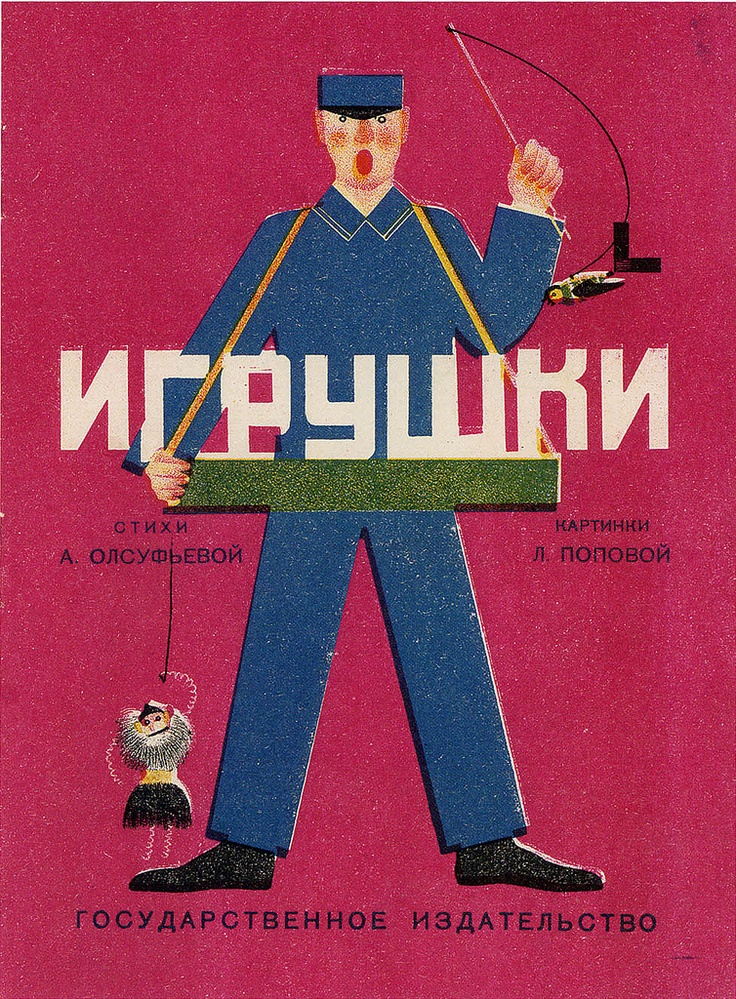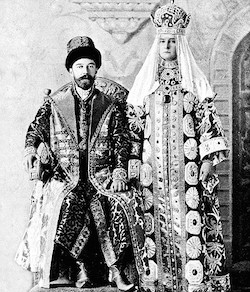by Holly Johnson, The University of Cincinatti
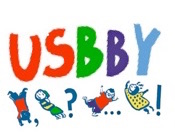 On January 30, 2015, USBBY announced the Outstanding International Books for 2015. The OIBs, as stated on the USBBY website are “deemed most outstanding of those published during the calendar year. For the purposes of this honor list, the term “international book” is used to describe a book published or distributed in the United States that originated or was first published in a country other than the U.S.” The criteria includes artistic style and literary merit, creativity of approach, distinctiveness of topic, uniqueness of origin, and qualities that engage and appeal to young people. Continue reading
On January 30, 2015, USBBY announced the Outstanding International Books for 2015. The OIBs, as stated on the USBBY website are “deemed most outstanding of those published during the calendar year. For the purposes of this honor list, the term “international book” is used to describe a book published or distributed in the United States that originated or was first published in a country other than the U.S.” The criteria includes artistic style and literary merit, creativity of approach, distinctiveness of topic, uniqueness of origin, and qualities that engage and appeal to young people. Continue reading


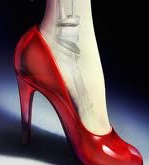
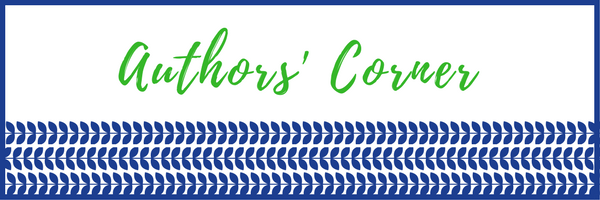
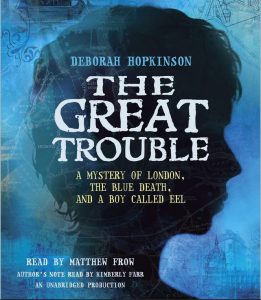
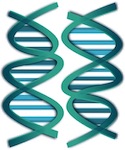
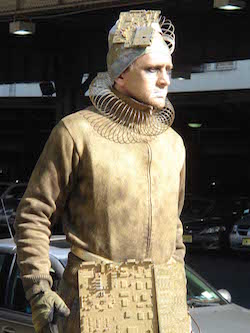
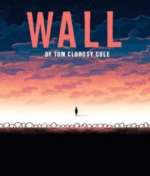 Language binds the past to the present. With the advent of high-tech, wireless devices that is even more evident as people interact in new and unique ways reflecting rapid evolution in language. New words are born every day while other words slip into obscurity. In many ways, everyday language becomes a “fashion” as it mirrors social changes, trends, and contemporary issues. Historically linked language became really evident to me some weeks ago when I was watching a Korean reality show. An actor in his late 40’s used the word “Soviet” in place of Russia. When hearing this, other participants teased him as a veteran of the Ice Age.
Language binds the past to the present. With the advent of high-tech, wireless devices that is even more evident as people interact in new and unique ways reflecting rapid evolution in language. New words are born every day while other words slip into obscurity. In many ways, everyday language becomes a “fashion” as it mirrors social changes, trends, and contemporary issues. Historically linked language became really evident to me some weeks ago when I was watching a Korean reality show. An actor in his late 40’s used the word “Soviet” in place of Russia. When hearing this, other participants teased him as a veteran of the Ice Age. 